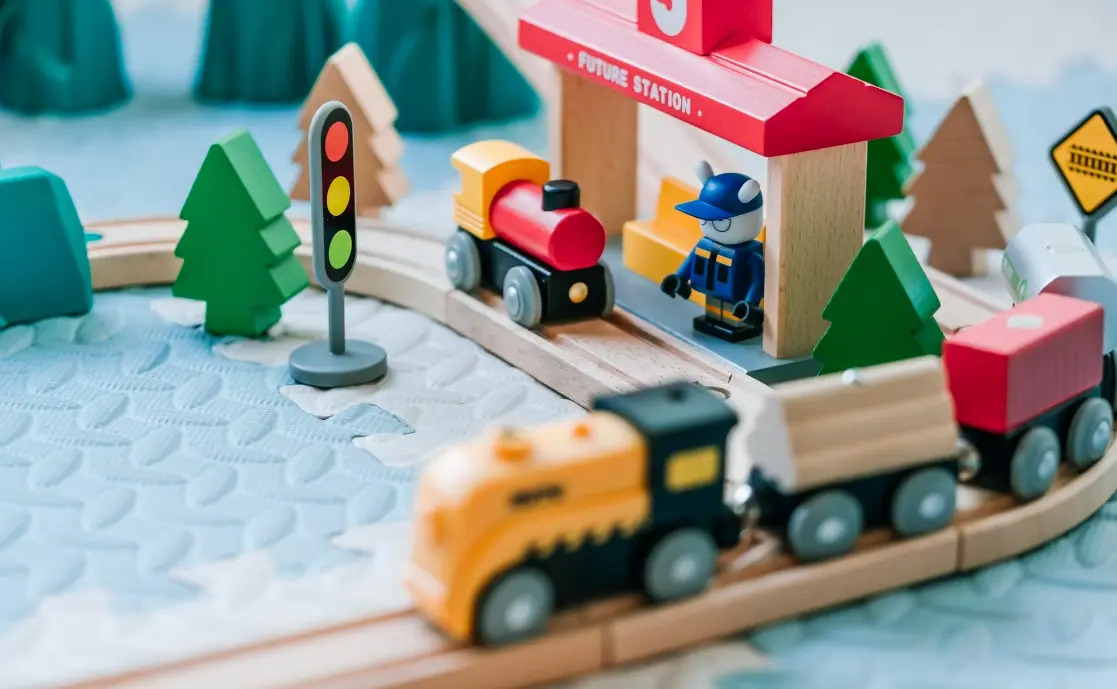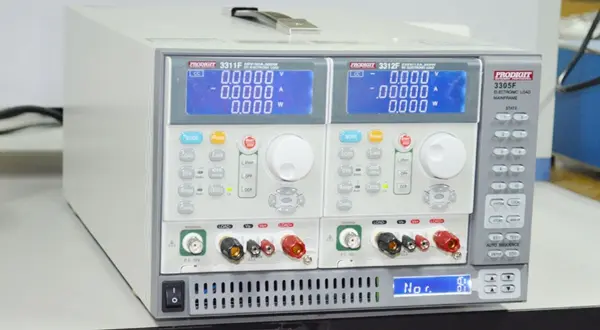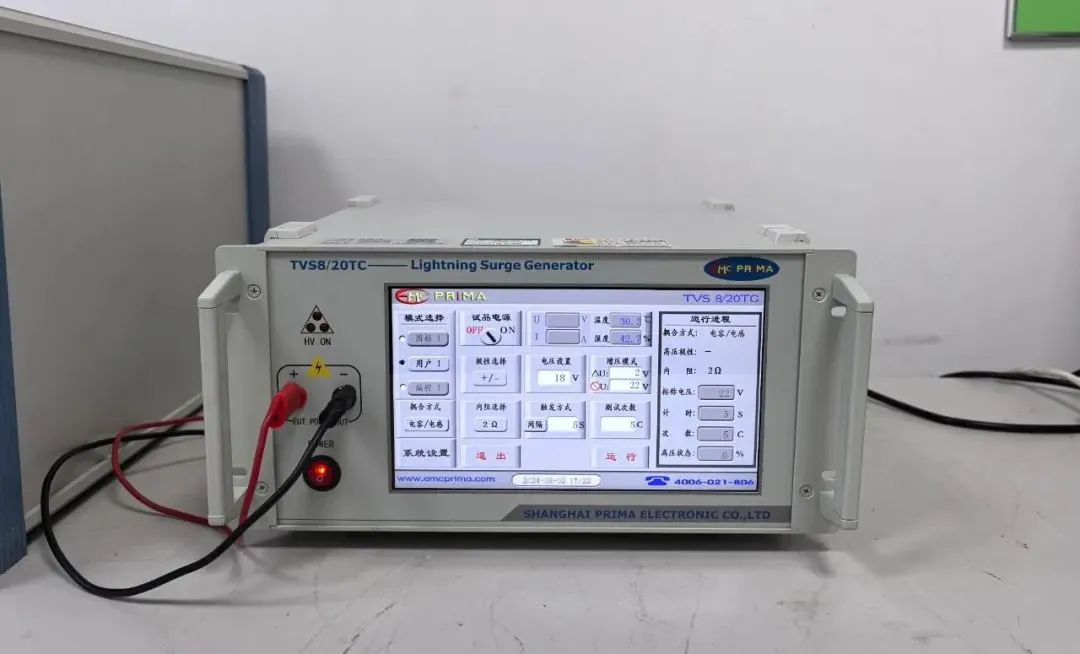
What is EN71 Certification for Toys?
Introduction to EN71 Toy Testing:
EN71 is the European standard for the safety of toys sold in the European market. The purpose of the EN71 standard is to provide technical specifications for toys entering the European market, thereby REDucing or avoiding potential harm to children.

On June 18, 2011, the European Commission officially published the new EN71-1:2011 toy safety harmonized standard in the Official Journal of the European Union (OJEU). This new harmonized standard was established in accordance with the new Toy Safety Directive 2009/48/EC, which came into effect on JULy 20, 2011. From this date, all toys placed on the EU market must comply with the EN71-1:2011 standard.
1. China is a major exporter of toys, with Europe being one of the primary target markets. Approximately 40% of China’s annual toy export revenue comes from the European market.
2. Definition of a toy: An object designed for children under 14 years of age for play.
EN71 is a mandatory standard enforced by EU countries for toys designed for children under 14 years old.
Overview of the en71 standard:
The EN71 toy safety standard is mainly divided into three parts:
1. EN71-1: Physical and Mechanical Properties
- This includes tests such as drop tests, small parts tests, sharp edges tests, tensile tests, compression tests, seam tests, and more. The toys must not present risks like collaPSE, ingestion, sharp edges, noise, or points that could harm children's safety.
- This section specifies safety technical requirements and testing methods for the mechanical and physical properties of toys intended for different age groups, from newborns to 14-year-old children. It also includes requirements for packaging, labeling, and instructions for use.
2. en71-2: Flammability
- This section specifies the types of prohibited flammable materials in toys and sets requirements for the burning performance of toys exposed to small flames. The burning rate of the tested materials must not exceed the limits specified in the standard.
- Products involved include headwear toys, toy costumes, soft-filled toys with plush or textile materials, and more.
3. EN71-3: Migration of Certain Elements
- This part specifies the limits and testing methods for the migration of elements such as aluminum, antimony, arsenic, barium, cadmium, and others from accessible parts or materials of toys.
- The principle of testing involves simulating the conditions under which materials dissolve in stomach acid after ingestion.
EN71 Toy Testing Process:
1. Determine the product testing items.
2. Fill out the testing application form, determine the testing standards, and confirm the age group.
3. Send and receive samples: The applicant arranges to send the samples.
4. Product testing usually takes about 5-7 working days under normal circumstances.
5. If the test is passed, the report is issued.
Required Documentation:
1. Two sets of samples.
2. Product instruction manual.
3. EN71 testing application form.
Duration of EN71 Testing:
For common toys applying for en71 certification, the normal completion time after the laboratory receives the samples and application documents is 5 working days.
Validity of EN71 Testing:
The EN71 Test Report remains valid as long as there are no changes in the product design or regulatory requirements unless otherwise specified by the buyer or platform.
EN71 Testing Costs:
Many people mistakenly believe that materials that are the same should not need separate testing for different colors. However, EU regulations require that EN71 testing be done separately for different materials and colors, leading to separate charges.
For example:
- Example 1: Wooden building blocks with only one material and no color variations would be charged as a single material.
- Example 2: Building blocks with one material but multiple colors would require separate tests for each color, increasing the cost.
- Example 3: Plush toys with multiple materials and colors would also incur higher testing costs due to the EU regulations that dictate pricing based on material and color variations.
Note: CheMICal tests such as RoHS, REACH, CA65, and others have similar requirements.
JJR Laboratory in China provides EN71 testing services. We are an IEC 17025 accredited laboratory and welcome inquiries.
Email:hello@jjrlab.com
Write your message here and send it to us
 What is IEC 62052 for Electrical Energy Measuring
What is IEC 62052 for Electrical Energy Measuring
 Australia LoRa Band 915-928 MHz RCM Compliance
Australia LoRa Band 915-928 MHz RCM Compliance
 What Are the Compliance Certifications for VHF Pro
What Are the Compliance Certifications for VHF Pro
 Which Products Require WERCS Registration?
Which Products Require WERCS Registration?
 Dustproof and Waterproof Ratings IP 54 / IP65 / IP
Dustproof and Waterproof Ratings IP 54 / IP65 / IP
 SAR Standard Testing under the EU CE-RED Directive
SAR Standard Testing under the EU CE-RED Directive
 Differences Between the Three EU Directives: LVD,
Differences Between the Three EU Directives: LVD,
 How to get CE Marking Certification?
How to get CE Marking Certification?
Leave us a message
24-hour online customer service at any time to respond, so that you worry!




